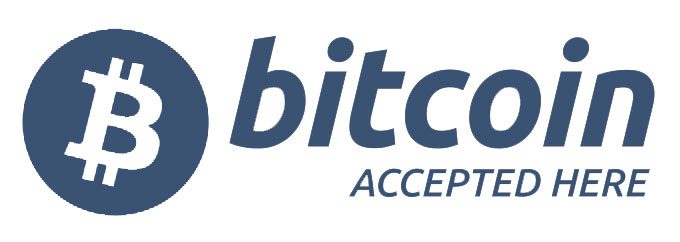Unita Finanz & Treuhand not only advises on crypto and blockchain, it also accepts payment of its fees in cryptocurrencies.
As a modern and future-oriented fiduciary company, we keep up with the pace of digitalization. Blockchain and crypto are already an integral part of our everyday lives. In the canton of Zug, the Crypto Valley, cryptocurrencies are already accepted by public authorities for the payment of fees. A pilot project allows residents of Zug to rent bicycles via a blockchain-based application. Many young entrepreneurs from Switzerland and abroad in the field of crypto and blockchain have their company headquarters in the canton of Zug.
We consider this new technology to be an important cornerstone in the digitalization of our everyday lives. Therefore, we also offer consulting services in this area and can also call ourselves specialists. In Crypto Valley, we’re already being called the “crypto trustee.” We work with a large network of partners who all have great experience.
We also accept cryptocurrencies for payment of our services.
Here are a few more links to interesting information:
https://www.finma.ch/de/news/2018/02/20180216-mm-ico-wegleitung
https://www.zg.ch/behoerden/finanzdirektion/steuerverwaltung/kryptowaehrungen
Mo - Fr, 8.00 - 12.00 / 13.30 - 17.30

